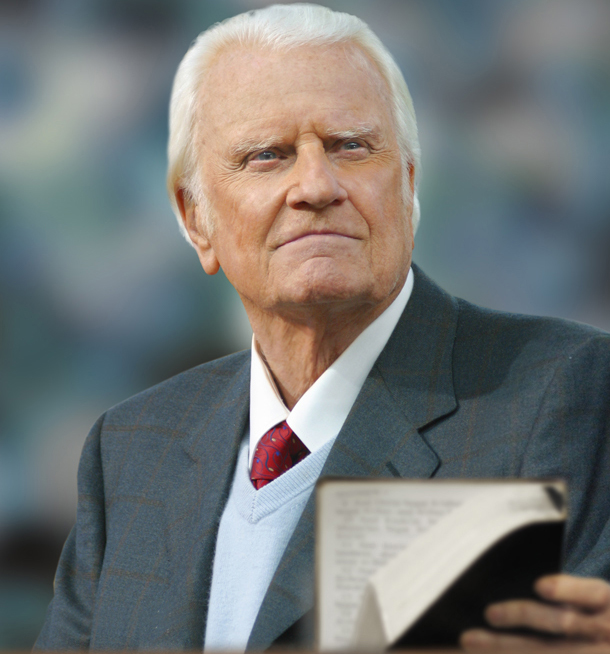
LOUISVILLE, Ky. (BP)–Church leaders must exhibit Christ-like humility, have a perspective centered on the cross and surround themselves with gifted men to lead biblically, C.J. Mahaney said Oct. 25 at Southern Baptist Theological Seminary.
Mahaney, executive director of Sovereign Grace Ministries, answered questions from Randy Stinson, dean of Southern’s school of leadership and church ministry, during a dialogue on local church leadership. Mahaney served as pastor of Covenant Life Church in Gaithersburg, Md., for 27 years before handing the role to Joshua Harris in 2004.
Humility is a central characteristic of a godly church leader, a characteristic displayed by example, Mahaney said.
“Leadership and humility are synonymous in Scripture,” he said. “Our leadership should issue from example, not perfect example, but genuine and growing example. I am asking people by the grace of God to walk with me over ground that I have previously walked. I am not necessarily way ahead of them, I may be only one step ahead of them, and I must walk with humility.”
By default, church members think pastors and other church leaders don’t struggle with sin and shortcomings, and Mahaney said church leaders must quickly disavow them of such a notion. Bob Kauflin, director of worship development for Sovereign Grace Ministries and a worship leader at Covenant Life Church, also took part in the dialogue and recounted that Mahaney regularly revealed his weaknesses during his service at Covenant Life.
“Everyone wants to follow someone who is real,” Kauflin said. “If a leader never reveals problems, then how can the congregation know? The only way we can know that other people struggle is if they share with us. The effect of our leaders confessing their weaknesses and revealing how the Gospel helps them overcome their weaknesses increases our trust in that leader.”
Mahaney said he seeks to always point people to the cross, based on 1 Corinthians 2:2, where the Apostle Paul said he desired to know nothing except Jesus Christ and Him crucified.
“That verse would describe pastoral ministry for me and I hope would define my life,” Mahaney said. “Christ and Him crucified was the centerpiece of Paul’s theology. It is the storyline of the Bible and it must be the storyline of our preaching and our daily lives. This should be the dominant theme that informs all that we do, all of our passion and practice.
“Assume that your people need to hear the Gospel on a daily basis, and equip them to teach the Gospel on a daily basis. The most effective way I could serve Covenant Life Church was to draw their attention to the substitutionary atonement of Jesus Christ. I wanted to serve a church that was increasingly amazed by the grace of God, defined by the crucified Christ and the grace of God and transformed by the crucified Christ and the grace of God.”
Mahaney said one mistake pastors often make is becoming so focused on their ministry that they neglect their own relationship with God.
“One common mistake is the neglect of growth in godliness, and another common mistake is the neglect of a personal relationship with God,” he said. “If I, for a period of time, am unaffected by my personal reading of Scripture then I pay immediate attention to that and I take dramatic action to alter that. I am always paying careful attention to my soul so that I remain increasingly amazed by grace. I don’t think there is a more effective way I can serve people.”
In addition to the forum on local church leadership, Mahaney spoke at two chapel services. On Oct. 24, Mahaney noted that Paul’s attitude in 1 Corinthians 1 reveals that having a divine perspective is essential to biblical church leadership.
“Working with the Corinthian church should have been an unattractive assignment in light of the problems Paul addresses in the book, but Paul can write with sincerity and not mere formality, ‘I thank my God always for the grace which God has given you,’” Mahaney said. “Paul’s exemplary attitude for the Christians was created and sustained by a divine perspective of the Corinthian church.”
Mahaney said Paul’s understanding of the call of God, recognition of God’s grace and confidence in God’s faithfulness enabled him to have such a perspective.
“A divine perspective will inform the past [in] understanding God’s call; [it also will inform] the present in recognizing evidences of grace [in others]; and [it will inform] the future with confidence in the faithfulness of God,” he said. “That divine perspective will transform your soul by His grace and for His glory.”
On Oct. 26, Mahaney examined the first two verses of James 4, presenting three truths about handling relational conflict.
First, Mahaney said relational conflict is worse than people think because of the tendency to make excuses for their role in the conflict instead of acknowledging their sin. Second, he said relational conflict is simpler than people think because the source of such conflict is their own sinful cravings.
Finally, he said resolving relational conflict is easier than people think, and involves a two-step process:
“First, we must first humble ourselves before the Lord because relational conflict is first and foremost conflict with God,” he said. “We humble ourselves before God by confessing our sins to God. Second, we must humble ourselves with those whom we have had conflict. We humble ourselves by confessing our sin to them, and we should confess it briefly, not with a lengthy explanation that really serves to excuse our sin.
“Relational conflict is easier than we think because Jesus has done the unimaginably difficult on the cross,” Mahaney said. “Through His substitutionary atonement, Jesus has resolved the conflict between us and God and that is why resolving relational conflict is easier than we think.”
–30–
The entire series featuring Manahey, including the leadership dialogue, is available via MP3 download at http://www.sbts.edu/resources/Audio_Resources/Chapel_Messages/Fall_2006.aspx.
















